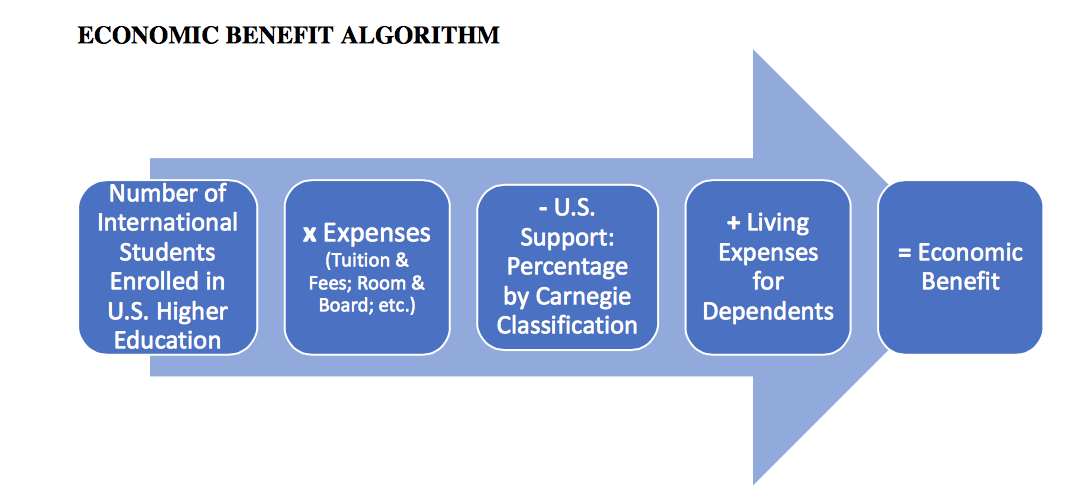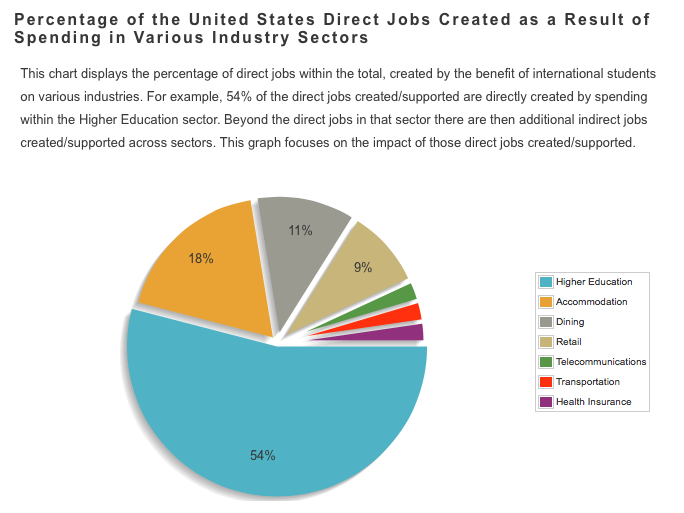Academia is not a place for fast turnarounds. Last week, I reached a milestone which was the result of intense efforts starting 13 years ago when I first decided to apply for a Ph.D. position in migration studies at the University of Ghana. Now, this milestone quietly appeared as an automated email among many in my inbox. The communication indicated that the first paper out of my thesis had been published in a peer-reviewed journal!
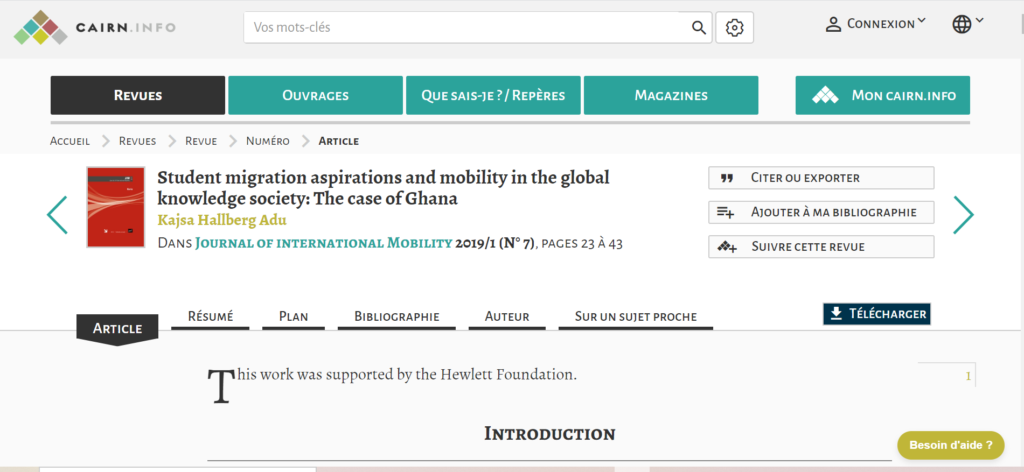
Find the paper in full (open access) here: Student migration aspirations and mobility in the global knowledge society: The case of Ghana
The journal is called the Journal of International Mobility and is a French journal – I just love how abstract and bio is also available in another language. It is also an open-access journal meaning researchers and others can read it for free and download /télécharcher it as it is not behind a paywall. I found it as they were publishing work on academic mobility, international student migration and I thought it could be a good fit.
What does it mean to publish a paper?
This means a section of my research is now available for easy consumption and critique. That means I am part of a global conversation about my topic, much more than if I only left results in my 300+ page dissertation (PDF). In this paper, I chose to focus on my quantitative data (two more papers out of my thesis yet to be published have a more qualitative focus drawing on focus groups and interviews) on student migration aspirations.
Morover, I contextualize the situation for student migrants out of the global south – unequal access to higher education, under- and unemployment after graduation, hardship acquiring visas to further studies abroad, the global knowledge society where student migrants provide 3% of trade in services in the OECD. I explain how Ghana is a good case study with outmigration among highly skilled close to Africa’s average and high levels of graduate unemployment. I review the international student migration (ISM) literature and suggest students from the global south are understudied. I ask: “Do students from the global south aspire to be mobile? Are they mobile? How do they experience the global knowledge society?” With survey data from 467 Ghanaian students I respond to these questions and find that (quoting from the abstract, or summary):
…the students aspire to migrate, mostly for educational reasons. However, many of these students also aspire to return, others to live transnational lives, and one in twelve students surveyed are not interested in migrating—that is, in leaving Ghana for more than one year. These results show that university students in Ghana often imagine their future at home, but their life strategies include graduate school and gaining work experience abroad. Hence, mobility, but perhaps not necessarily migration, is a central feature of their life aspirations.
What does it really mean to me to publish a paper?
Emotionally, the email and publication shook me to the core. It has been such a long ride and now this seems…small?
Late nights transcribing interviews, tabulating survey data. Versions of this paper dating back to 2017. Having a colleague critique and then rewriting the paper. Getting it rejected once. Getting many comments on what is now the published paper, but pressing through. It was hard until the end, too… The final edited version I had to correct twice (a misunderstanding meant the copyeditor needed the changes in a different format). The emails sent to ask for an update on the process.
Now, I had the email blinking a URL at me on the screen with a “published” in a sentence next to it.
Was this it?
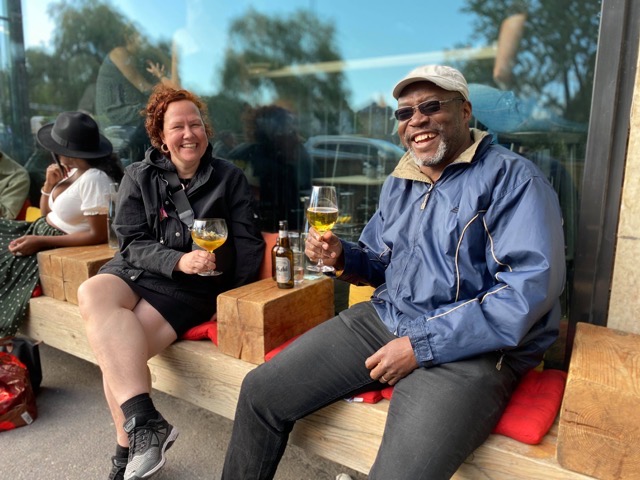
After a drink with my husband to celebrate, and this email to tell you all, I am pressing on with other slow, thoughtful, and important scholarly work. But after taking a few weeks of vacation!
Read more about my Ph.D. project on its website StudentMigrationAspirations.com

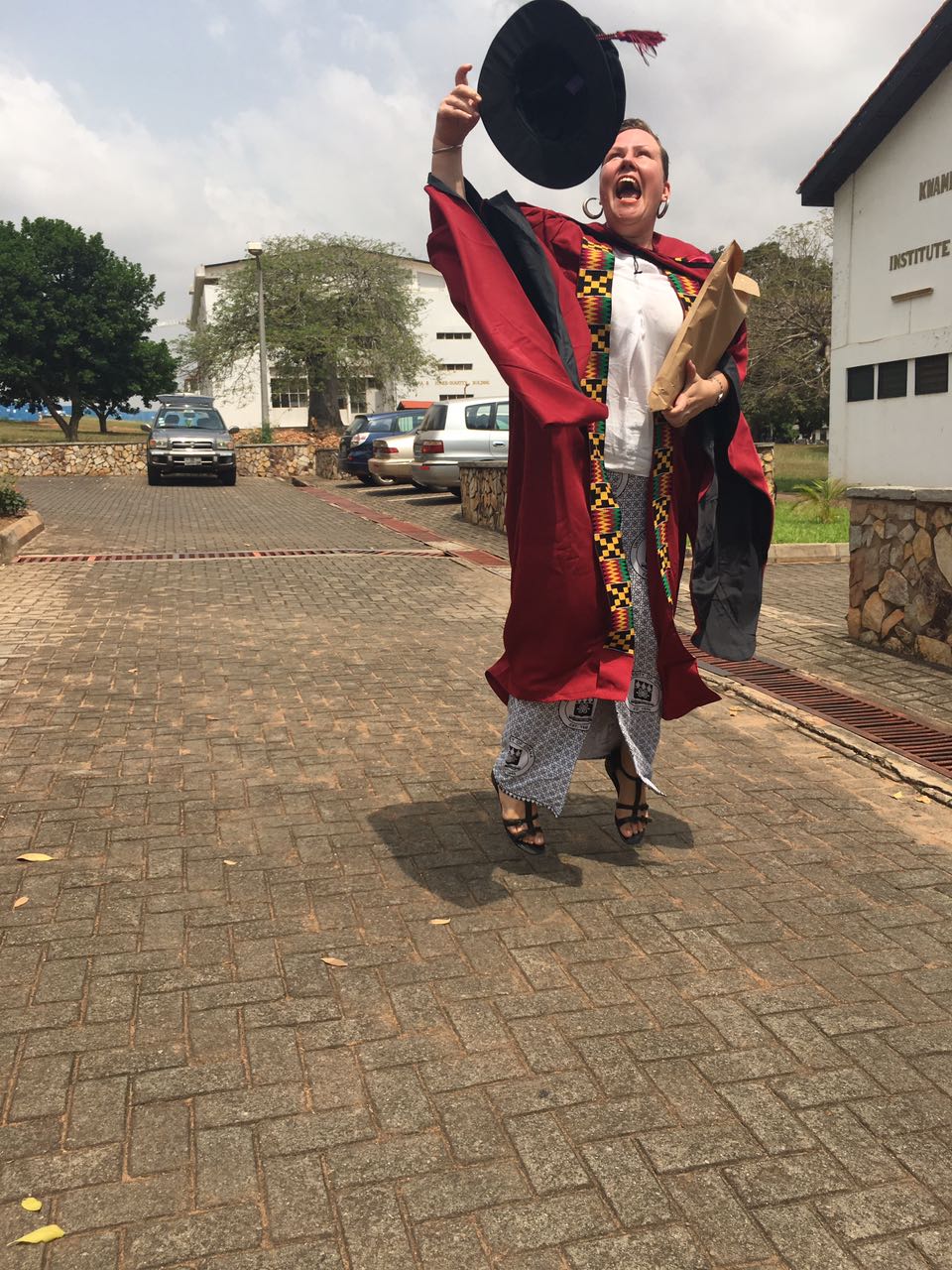

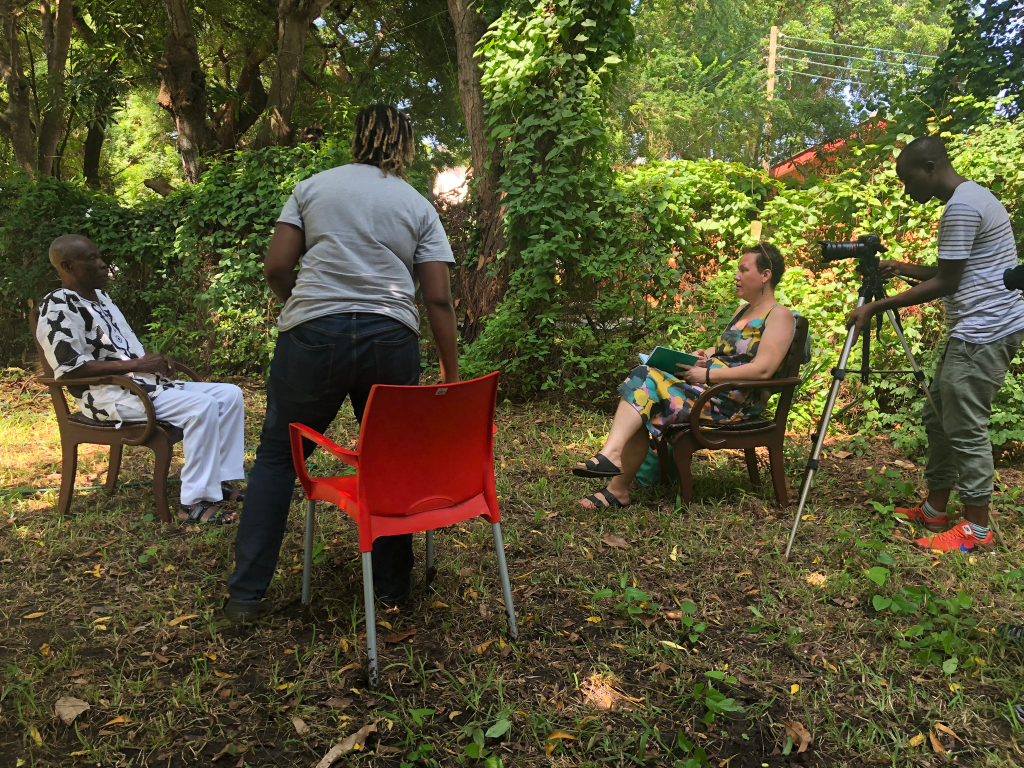
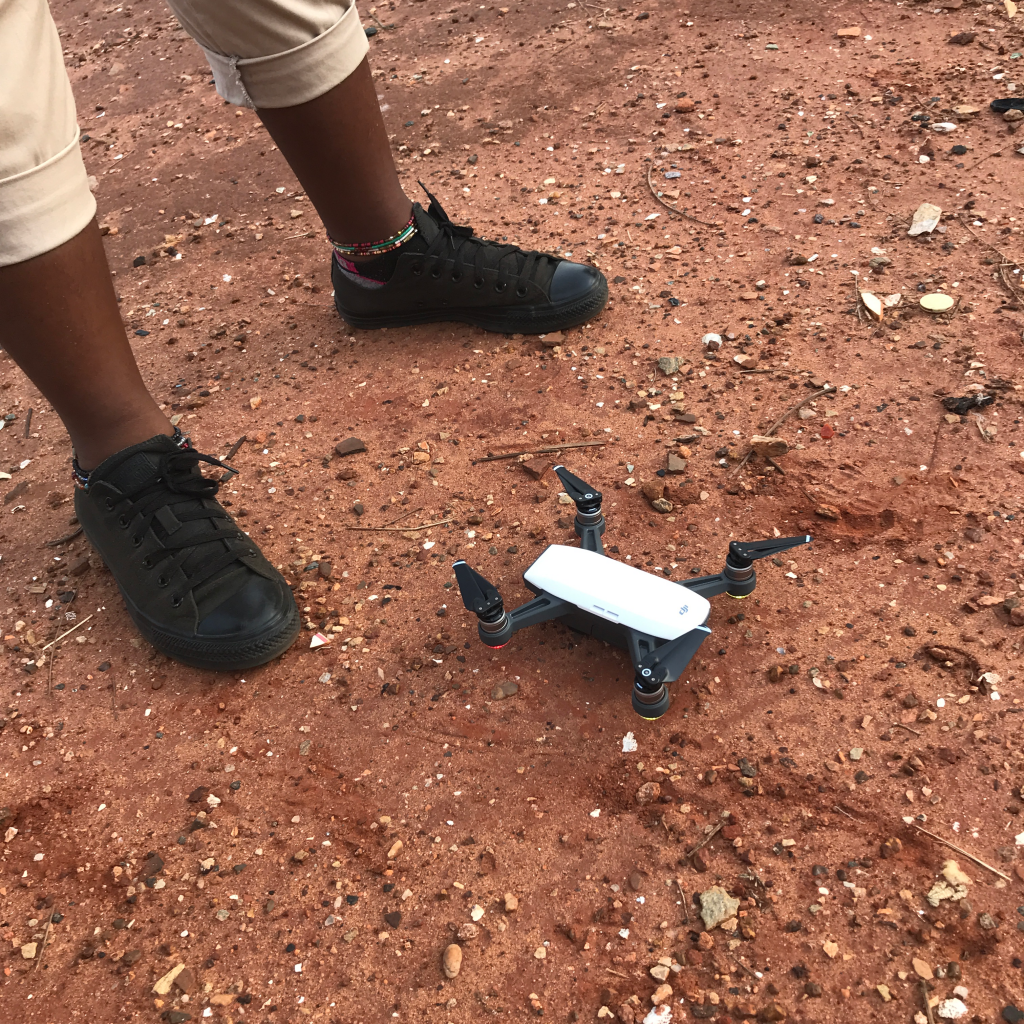
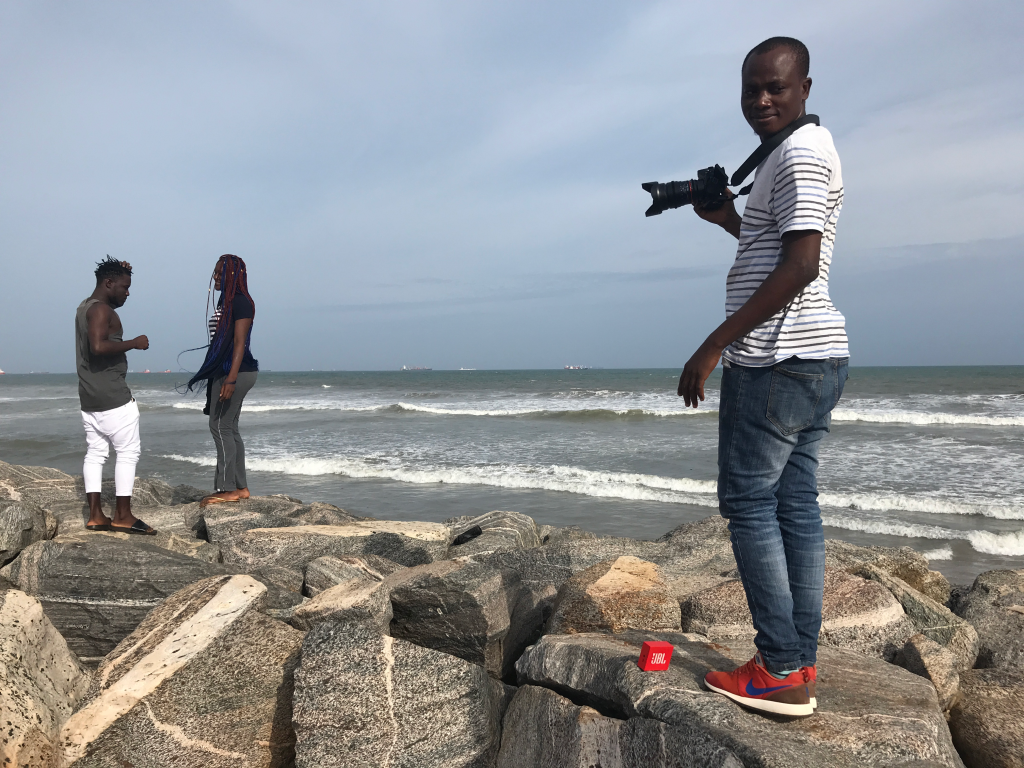
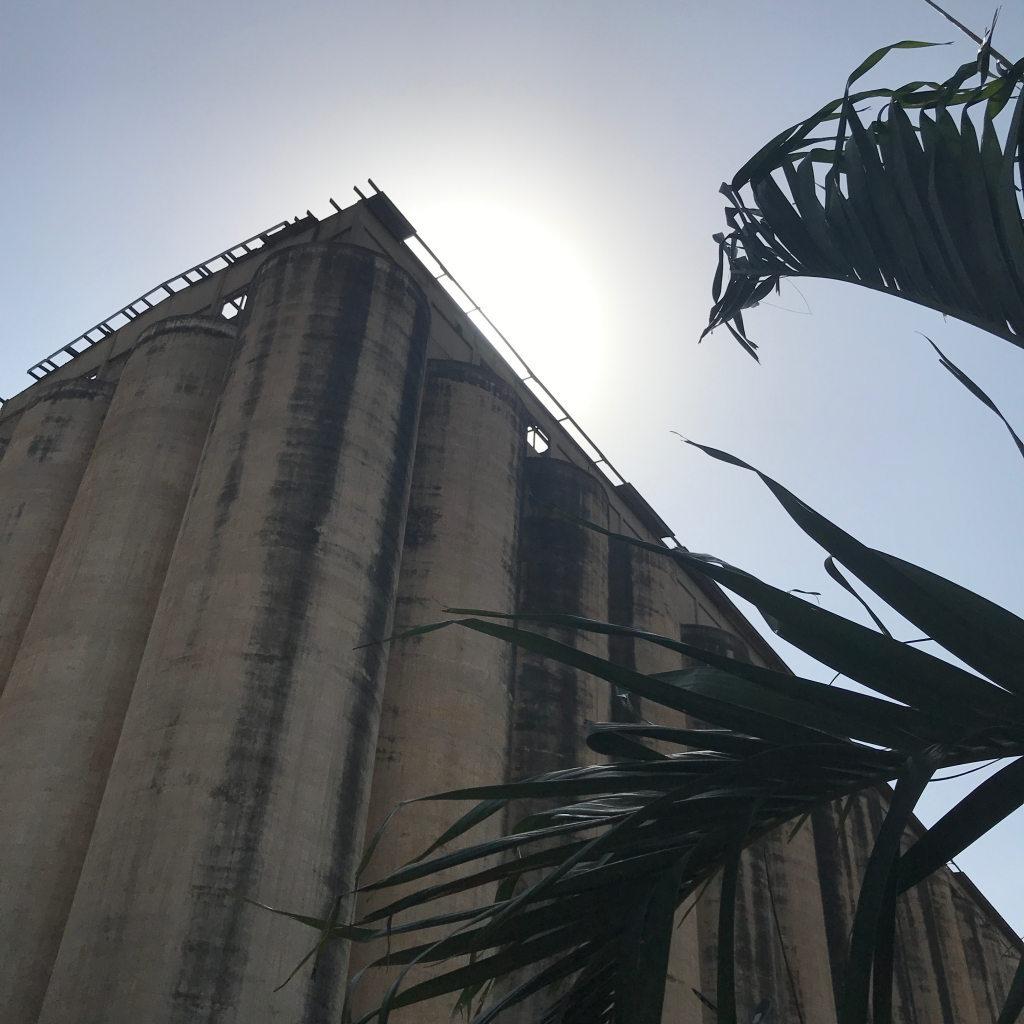
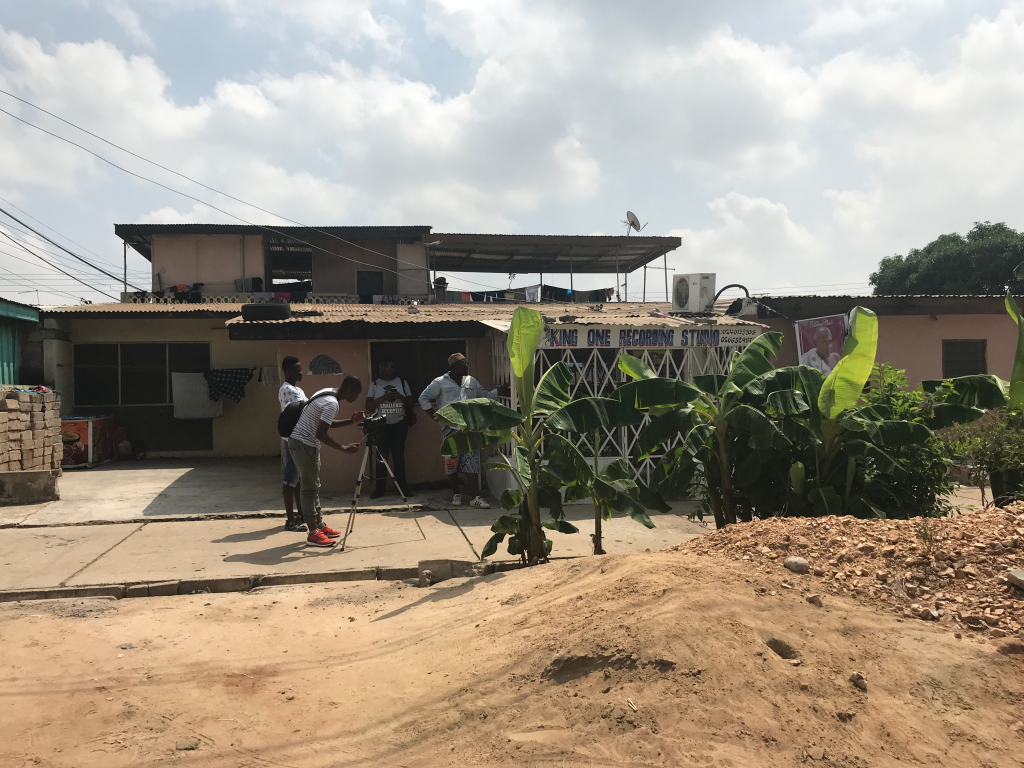
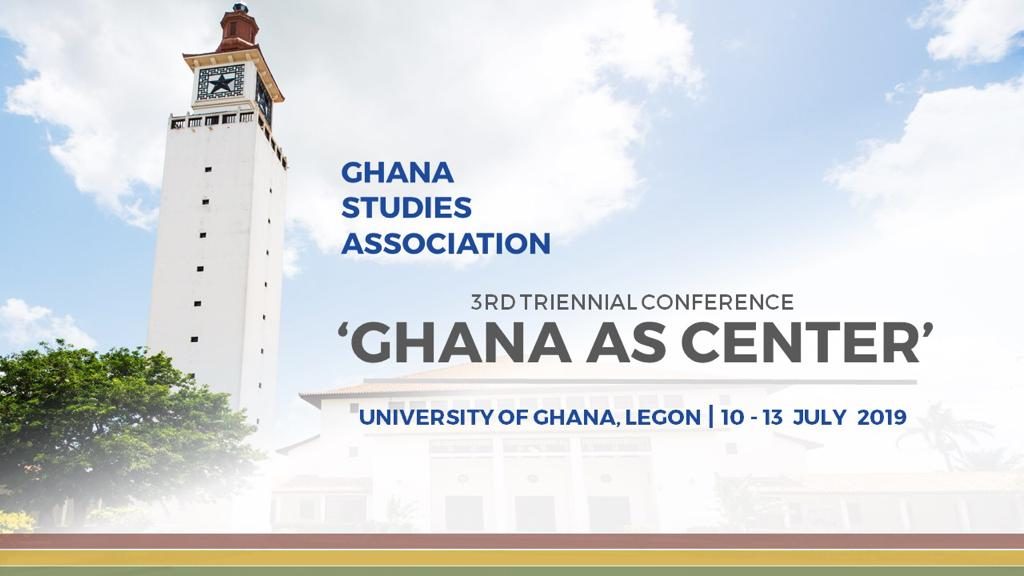
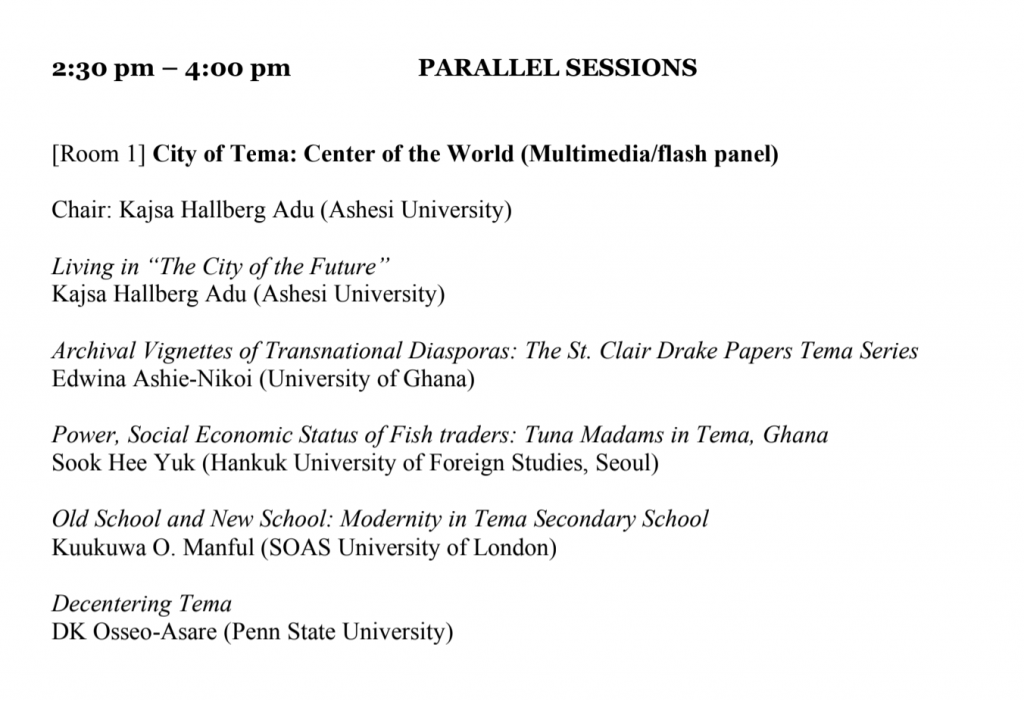
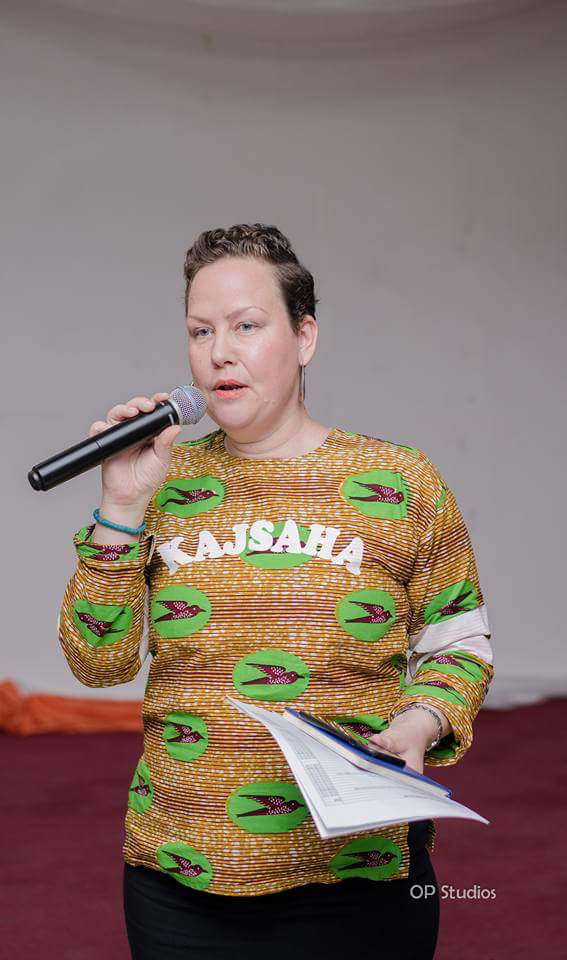
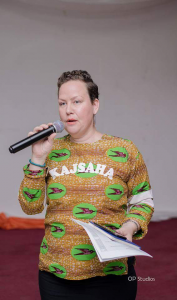
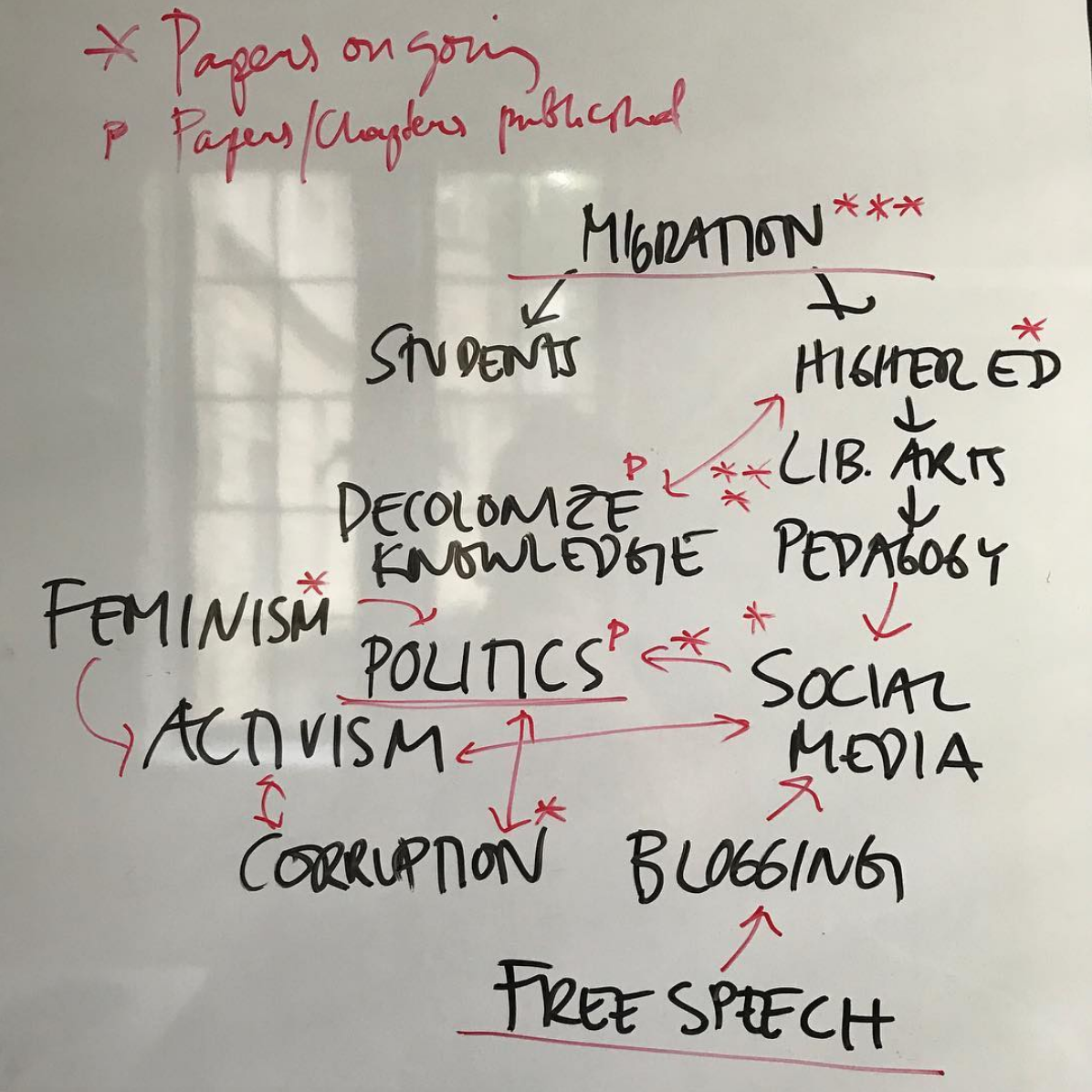
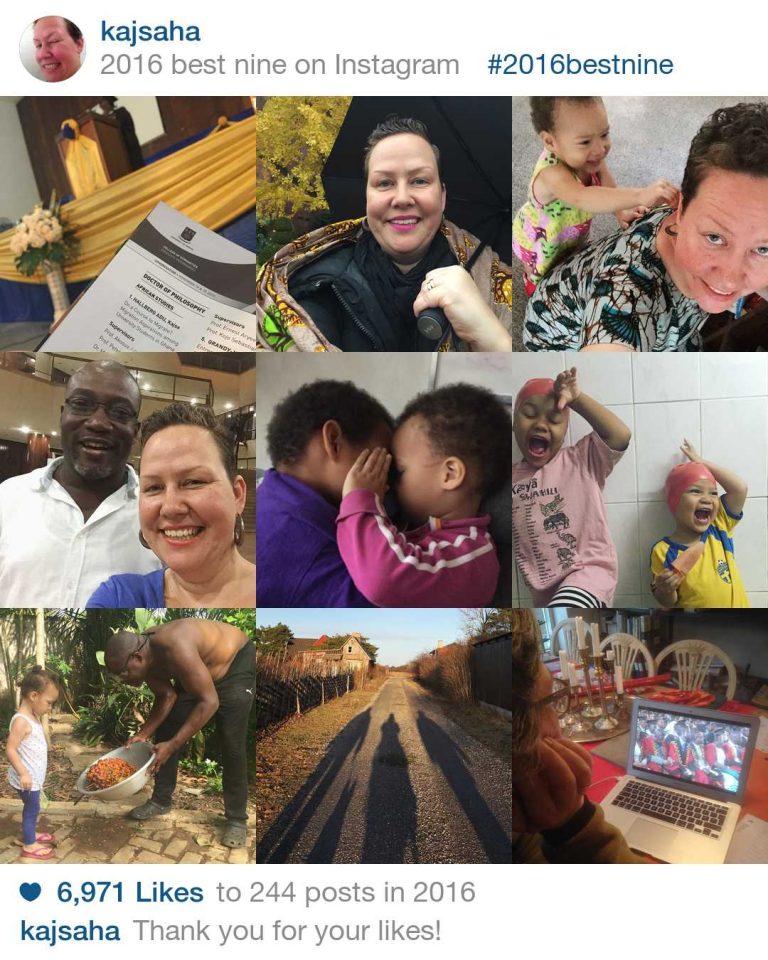
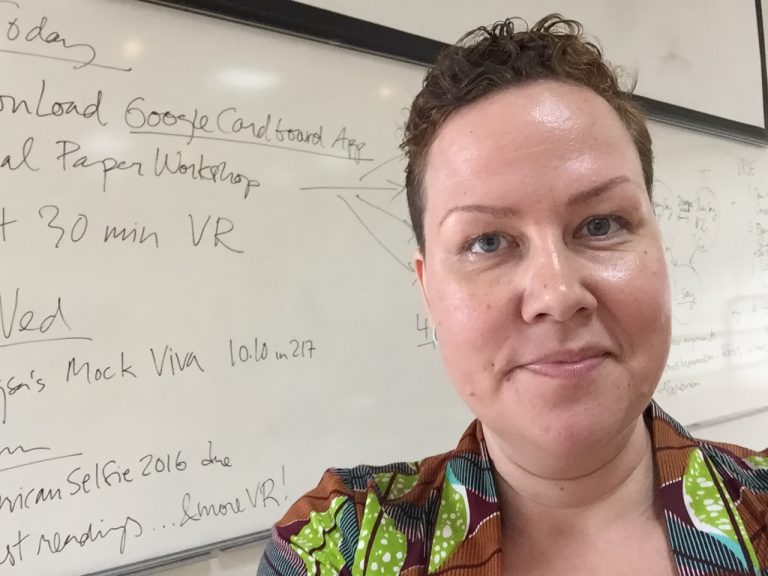 What a year!
What a year!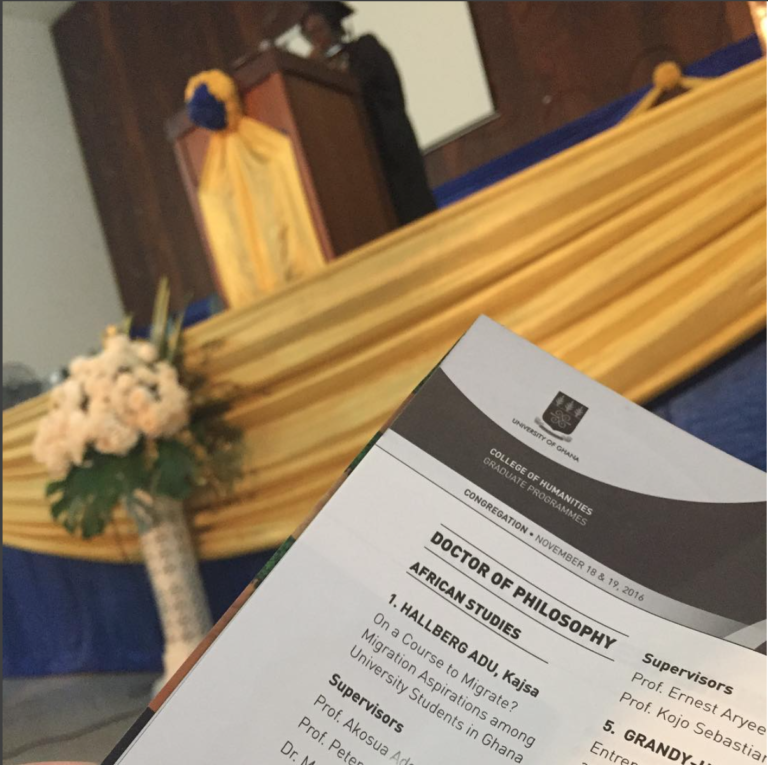
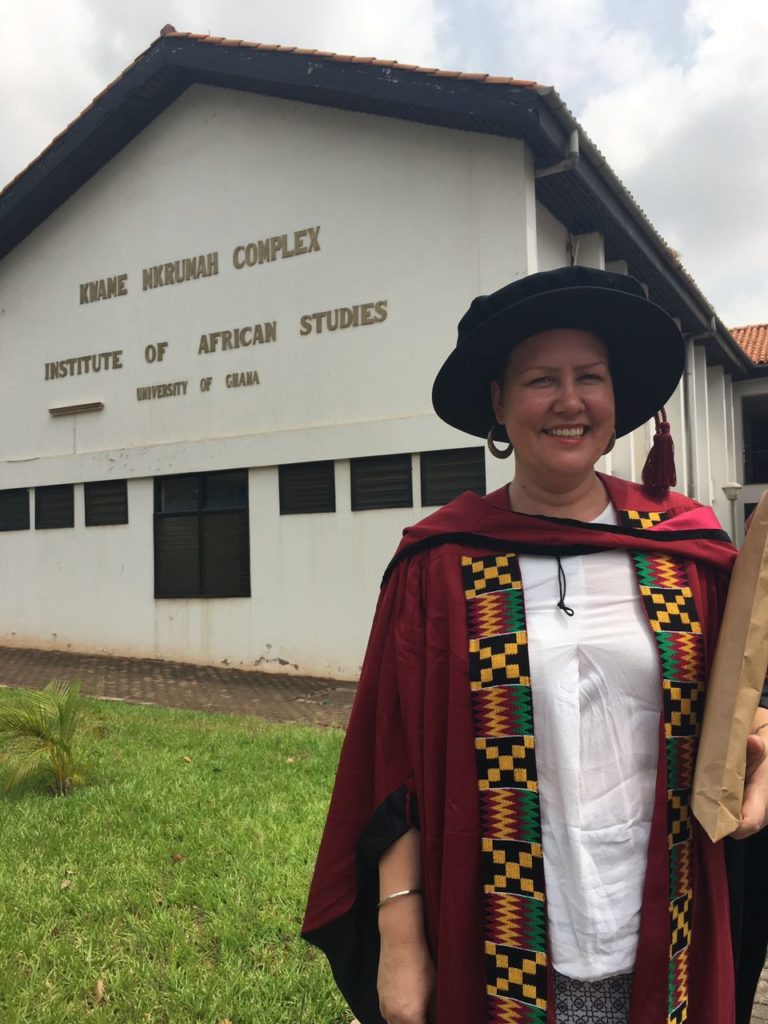 On Friday, I got my poofy hat which signifies that after five years of study, I have been awarded the degree of Doctor of Philosophy in African Studies. You have heard a lot about that already (and if you haven’t, its all here
On Friday, I got my poofy hat which signifies that after five years of study, I have been awarded the degree of Doctor of Philosophy in African Studies. You have heard a lot about that already (and if you haven’t, its all here 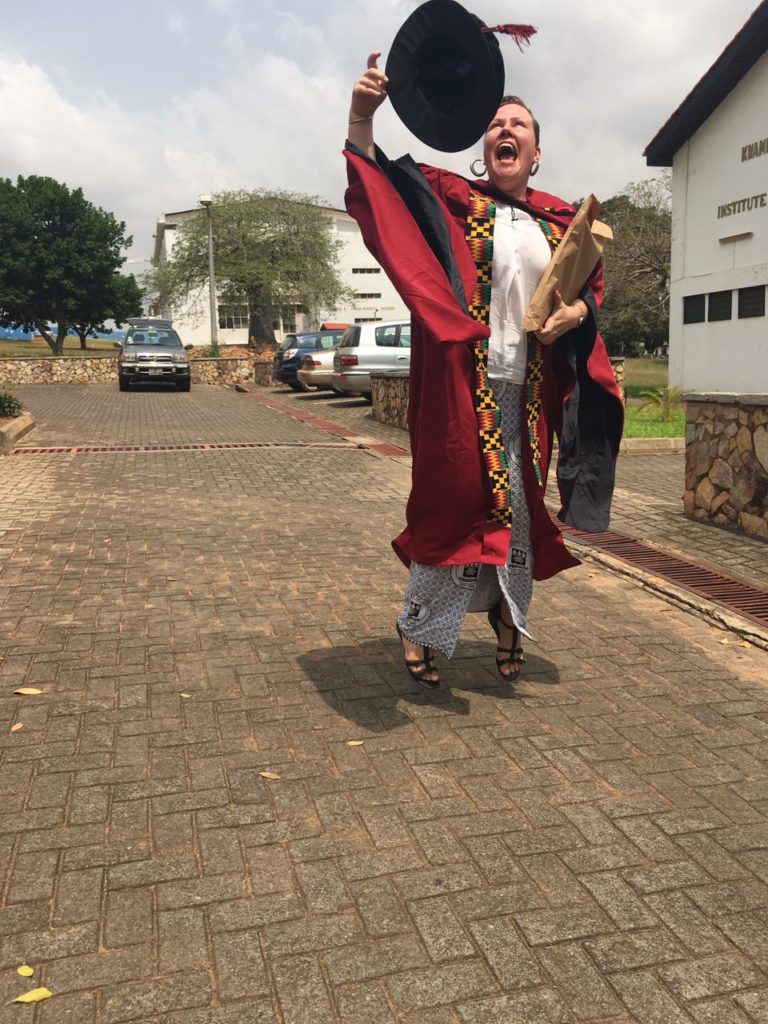
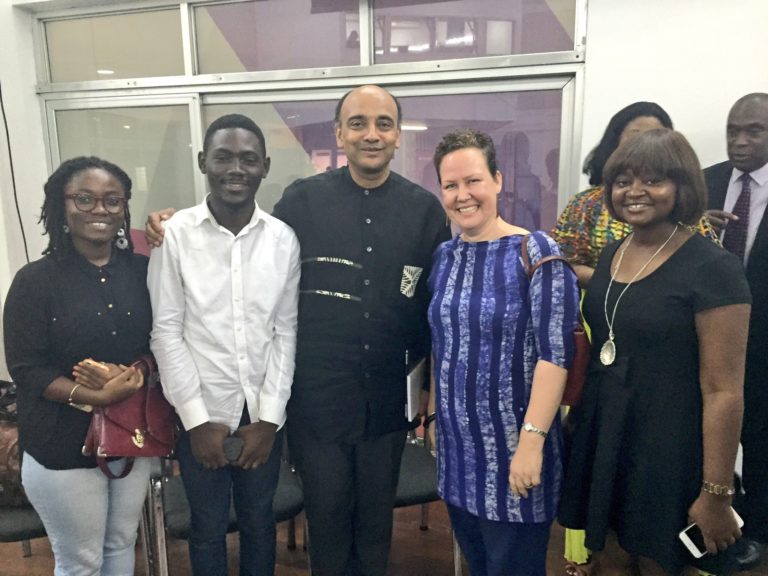
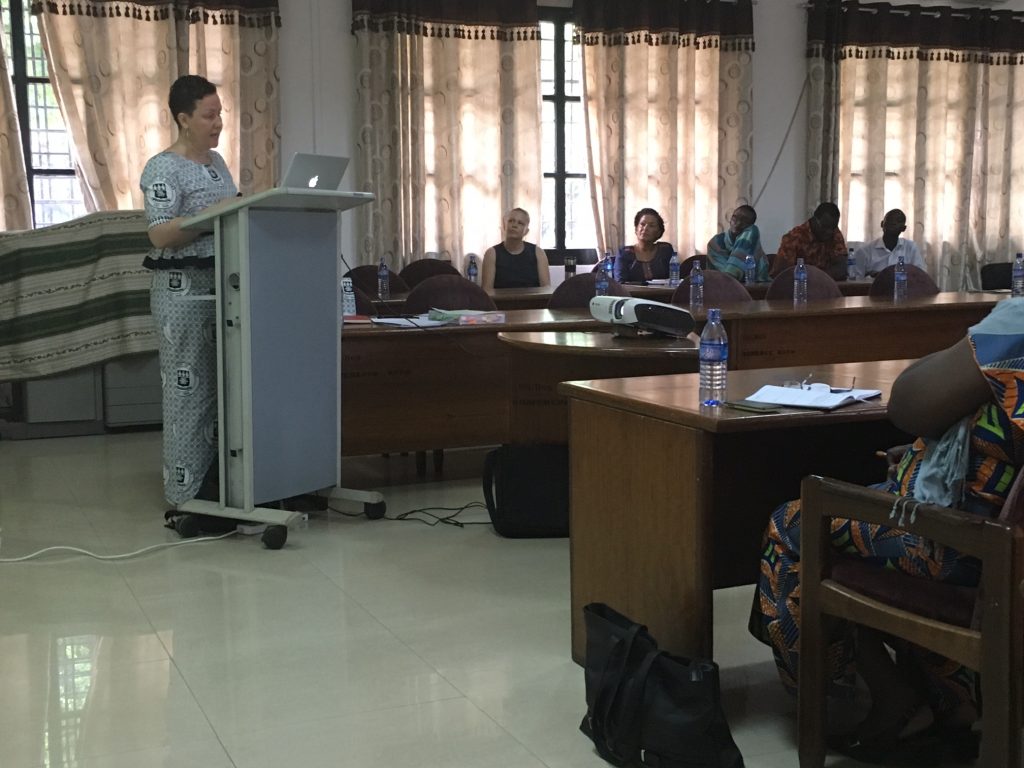

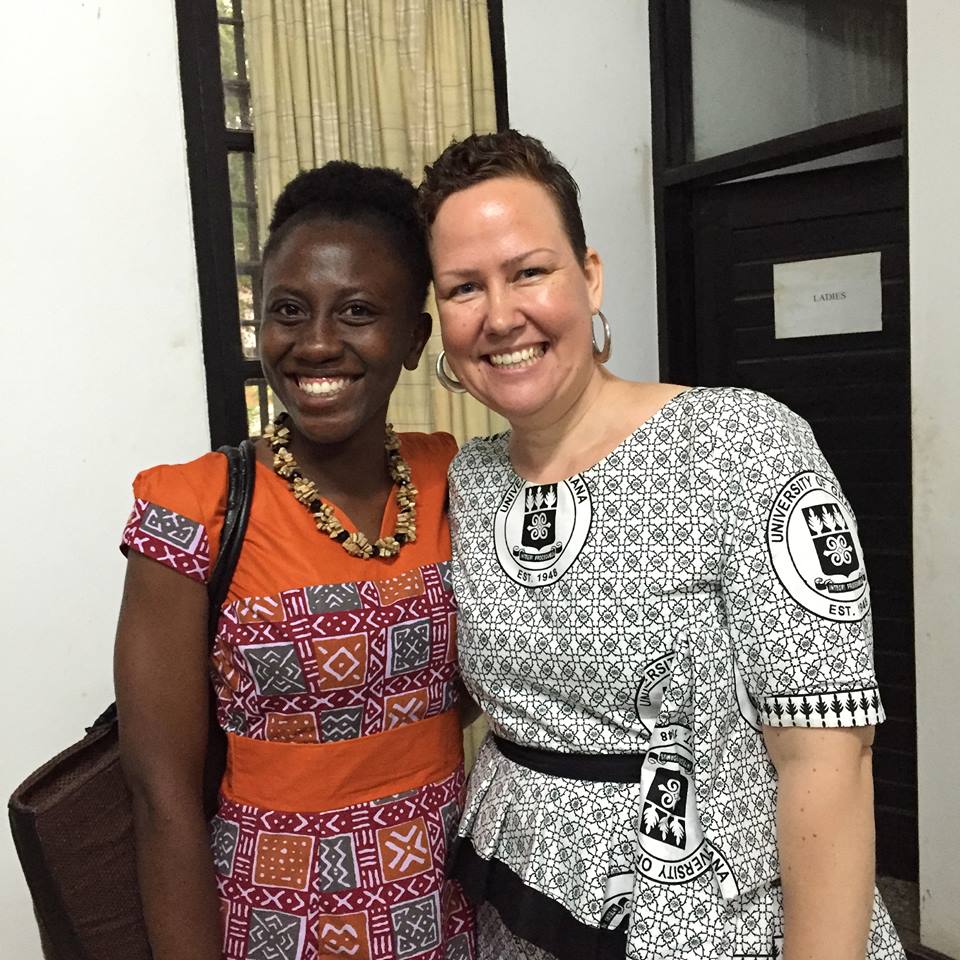
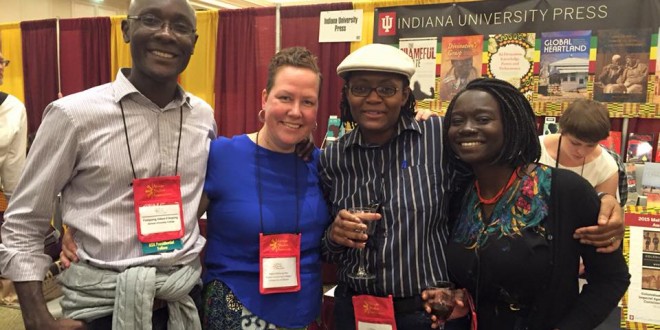 So, I am back from the intense African Studies Association 58th Annual Meeting in San Diego, California, US 19-21 November, 2015!
So, I am back from the intense African Studies Association 58th Annual Meeting in San Diego, California, US 19-21 November, 2015! 